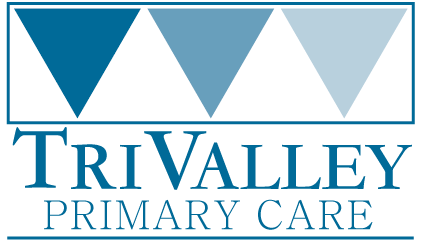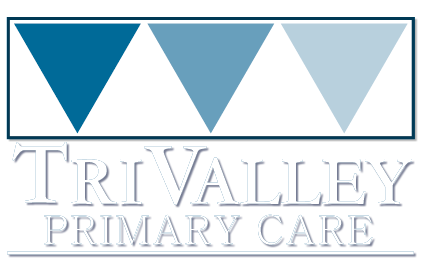TriValley Primary Care physicians participate with several managed care insurers. Managed care plans come in several different varieties and have a multitude of varying features, benefits and exclusions. While each has its own rules, there is a great deal of similarity among the insurers as to their requirements for referrals and for precertification for various goods and services, for example. These rules must be followed in order to maximize your benefits. Please understand that some benefits are limited by the insurer. Your TriValley physician does not have the power to overrule these limitations
We would like to review with you some of the aspects of a typical managed care plan via this website feature. However, please be aware that your plan document contains the rules and procedures you must follow with that plan. You are strongly encouraged to review your plan document. But, we hope this will answer many commonly asked questions and help you to get proper service when you need it. The headings listed here are most common to health maintenance organization (HMO) plans.
Your Primary Care Physician
Most managed care plans require every participant to have a primary care physician. All your medical care is coordinated through his or her office. We believe that it is important to get to know you and your medical conditions in order to take the best care of you. As primary care physicians, we can manage most of your medical problems and we work closely with your specialist physicians and facilities when the need for more specialized care arises. Please give us the first opportunity to evaluate your medical concerns and to manage them accordingly.
Network Specialists & Ancillary Services
Unless your plan specifically says otherwise, you must see participating (network) physicians and use plan designated laboratory and other services and facilities to maximize your benefits. If you are currently under the care of a particular specialist or other service provider, be sure to let us know. We can help coordinate your visits and referrals. However, please be aware that your plan may limit the selection of a laboratory or a therapist, etc., to a single choice per TriValley office. That is not our rule.
Your plan may allow you to see a non-network provider. However, your benefits are typically reduced in doing so.
Referrals:
Referrals are issued only after your primary care physician or specialist has examined you. You are then responsible for submitting a request for a referral to our office.
A referral from our office is usually required prior to any specialist visit or ancillary service, except for gynecologic/maternity care and emergency care, which by law are never required. A referral is created for one visit, test or service, unless otherwise specified. Additional referrals are required for additional visits. In all cases, please allow 48 hours to process your referral request.
If you need to return to the specialist doctor for additional visits, please submit your request at least 48 hours ahead of time so that a referral can be prepared. Referrals cannot be issued after your visit, test or service has taken place.
Please use the Referrals link on your physician’s office page for specifics of how to request a referral.
Precertification:
Certain goods (durable equipment and some drugs) and certain services (admissions, procedures, studies, and tests) must be pre-certified with the insurer before you may received them. In most cases we must do this on your behalf. Please cooperate with us if you are told that a pre-certification is required. This can be a lengthy process.
Please understand that if your plan has a precertification requirement, then we must defer to your plan’s decision as to whether or not the goods or services can be provided to you.
Medical Equipment And Supplies
For durable medical equipment (knee braces, wheelchairs, etc.) all insurers have their own policies. Please consult your benefits booklet before calling our office. There usually is a charge for splints, crutches and other medical supplies dispensed from the office. These are not covered by your co-pay.
Pharmacy Formulary:
If you have a drug plan, it most likely has a list of drugs, called a formulary. A formulary are those drugs it will cover under its plan. Your provider will work with you to write a prescription that bests meets your medical needs and fits your pocketbook.
Payment
Most managed care plans have a co-payment (“co-pay”) for each visit, except for certain procedures and certain preventive care visits. The co-payment is due and payable at the time of service. Many procedures and services are subject to deductibles as well. These too are due and payable at the time of service.


